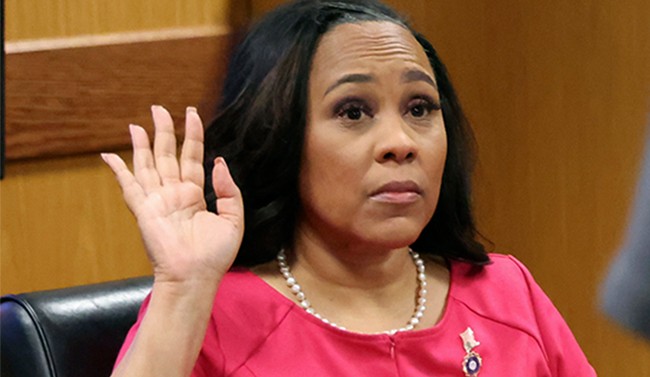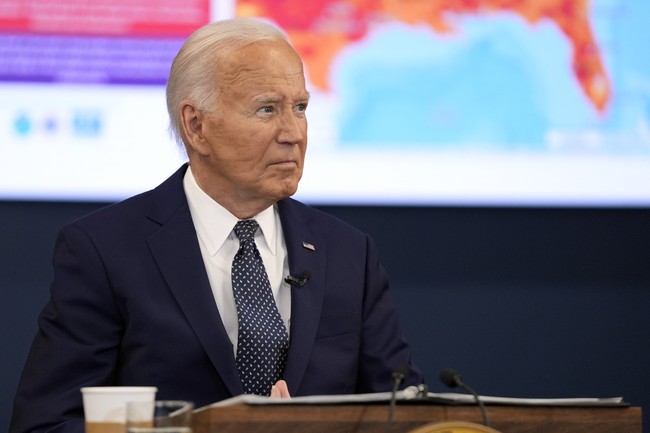Pentagon's Surprising Troop Numbers in Syria
The Pentagon faces scrutiny after revealing the true number of U.S. troops in Syria. With implications for global security, this revelation raises questions about military transparency.
Published December 21, 2024 - 00:12am

Image recovered from redstate.com
The revelation that the United States has significantly more military personnel in Syria than previously disclosed has stirred controversy and prompted widespread discussion. According to recent announcements, the number of American troops stationed in the region is approximately 2,000, a stark contrast to the previously reported figure of 900. This discrepancy underscores concerns about transparency and accountability within the U.S. military structure.
This development arose when Pentagon spokesperson General Pat Ryder revealed that the miscalculation was due to temporary rotational forces being classified separately from the long-term deployed personnel. He attributed the previous number to a misunderstanding of troop categorization, which led to temporary troops not being included in the total count of U.S. military presence in Syria. These revelations highlight the complex nature of military operations and the dynamic requirements of missions in conflict zones like Syria.
For years, the presence of U.S. troops in Syria has been justified by the ongoing fight against ISIS and to support local forces in the region. The delicate balance of maintaining sufficient military presence to combat extremism while minimizing the footprint has often been a contentious issue, both domestically and internationally. As General Ryder explained, the increase in troop numbers was not a sudden deployment but rather a necessary adjustment in response to operational needs on the ground against threats posed by groups such as ISIS.
The recent acknowledgment of higher troop levels has also led to diplomatic ramifications. Countries in the region, as well as other international stakeholders, have been critical of the extended U.S. presence in Syria. These nations point out the complexities of Middle Eastern geopolitics, where different powers vie for influence and control. Consequently, the U.S.'s military actions have been under constant scrutiny, with various governments calling for a clear articulation of its strategies and objectives.
Domestically, the implications of this revelation resonate deeply. There are critiques emerging from various political spectrums expressing concern over the oversight and governance of U.S. military operations. Questions have been raised about why this information was not disclosed sooner and whether there has been an intentional suppression of facts to avoid political backlash.
From a policy perspective, this issue ties into wider questions about the U.S.'s commitment to the Middle East and the strategy it employs in regions afflicted by prolonged conflict. The Biden administration, much like its predecessor, has maintained certain military operations in Syria to ensure regional stability and combat terrorism. However, this latest episode might force policymakers to re-evaluate the future of U.S. engagement within such volatile regions and the bureaucratic protocols governing military disclosures.
As analysts continue to dissect the strategic and political motivations behind the troop numbers, it is clear that the topic is enmeshed in broader discussions about U.S. military policy, the role of defense contractors, and the importance of transparency in republican democracies. Moreover, newly elected officials pondering future military interventions might look to this situation as an instructive case study about the paramount importance of precise communication between defense entities and civilian oversight structures.
Furthermore, the recent announcement might affect future diplomatic dynamics, particularly in dialogues surrounding issues of sovereignty and territorial integrity, which have been central to international relations. The U.S. must tread carefully in navigating the intricate geopolitical landscape of the Middle East, where its actions can have far-reaching implications, both politically and militarily. As the international community continues to grapple with this news, the emphasis on clear and truthful reporting of military affairs will likely become an even more pronounced component of global diplomatic engagements.






